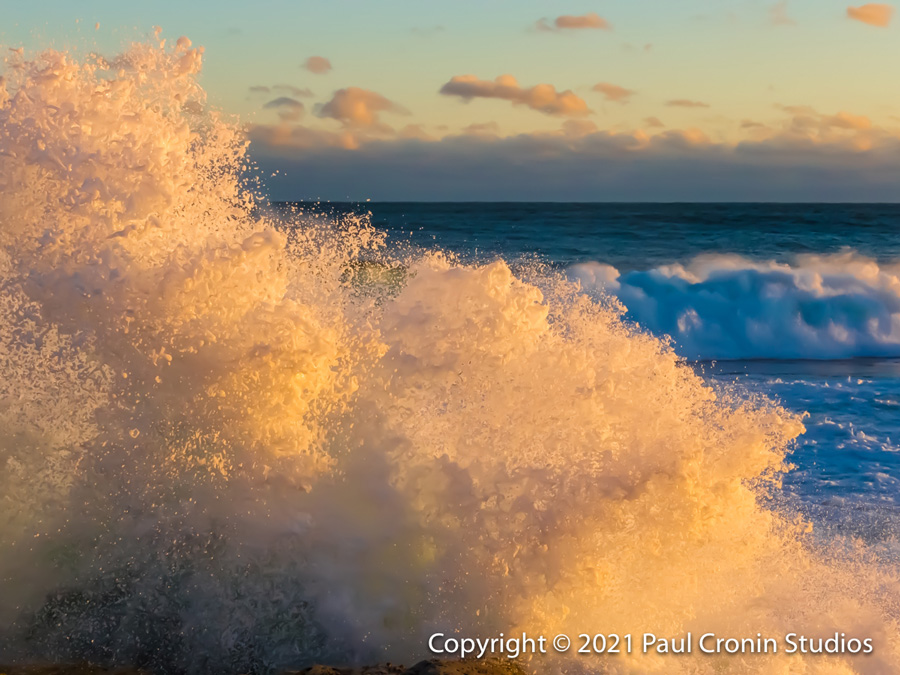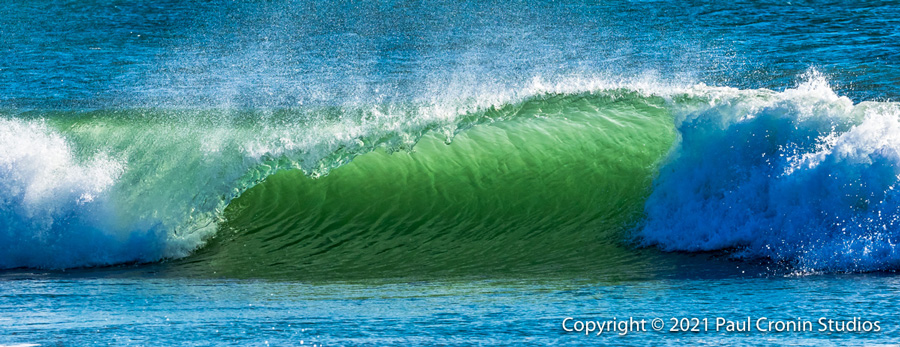Last week, I was included in the winter Arlington Author Salon; the theme was “Making Waves.” It was a creative way to link together the authors of three quite different books: a memoir about a mixed race family, a novel about a ferry captain, and a history of Jewish Punk. Preparing for it also inspired some fresh thinking about the characters in Ferry to Cooperation Island and how they each, in their own way, “make waves.”
Of course the book contains plenty of literal waves from both sailboats and powerboats. But those are so obvious, I’ll skip right to the figurative waves that three characters make as they set sail through the story. That will lead us to my new conclusion: that fiction itself can make waves.

James
Our favorite ferry captain makes waves by learning to cooperate with others. (This seems especially timely, as cooperation is something so sorely lacking in the world.) Working with others seems natural to me, but James was raised to be a lighthouse keeper and trained to do everything himself. He has to learn—to let himself be taught—that cooperation is the best way forward. (I wish I could send him down to DC.)
Courtney
The captain who replaces James makes waves just by showing up, like a stone tossed into the middle of a very quiet pond. She also shows us how much harder it is for James to be replaced by (as he puts it) a “girl.”
Mavis
This Narragansett Indian makes waves by learning independence. Although I knew nothing about the Narragansetts when I started writing the book and only know a little more than nothing now, Mavis was one of the easiest characters to write. Many of what I call “Mavis metaphors” (though most are really symbols) appeared in the very first draft, survived years of editing and revision, and now show up in the final book; let me just pause to point out how rare that is. Simple but elegant, they communicate so much more than the words themselves. Here’s one great example of how talking about her rock-hopping present showed me her untapped depths, when I stopped to reread what “we” had written:
A fragile edge of rock broke off under her right foot. For a moment Mavis thought she’d fall, straight down onto another sharp piece of ledge ten feet below. Instead, without thinking, she righted herself and kept climbing.
Fiction Makes Waves
Last but certainly not least, joining two non-fiction authors for an evening book discussion forced me to think about why fiction is so important. Why should we even bother reading about people who don’t actually exist, or about an island that isn’t real? What I told the audience is this: I believe fiction is the best way to understand the lives of others. By talking in my head, Mavis showed me what it felt like to climb a rocky cliff in her bare feet—something I could never experience otherwise.

Thanks for the Salt Spray
I like to think I mesmerized the audience with my words, but the star of the show was Paul’s photos. Arlington Author Salon encourages participants to share something that “tickles the senses,” and I’m sure his pictures are why, after my presentation, the host said, “I think I got some sea spray during that reading.” See more at paulcroninstudios.com.
Watch the recording here. To learn more about the two other authors who presented, drop by the Arlington Author Salon website. (If you want to learn more about me, drop me an email.)
We are all starving for human interaction, and it was a real treat to get out of my own fiction bubble, hear other authors talking about their work—and absorb a little positive feedback. Virtual events aren’t the same as in-person ones, but the warmth and community of the Arlington Author Salon shone through—providing exactly the inspiration I needed.
Here’s to Making Waves with fiction, both figuratively and literally!
Nice, Carol. Thank you. I enjoy being in another world. Fiction opens our hearts, minds, and spirits.
Thanks Jane, agree! (Obviously)